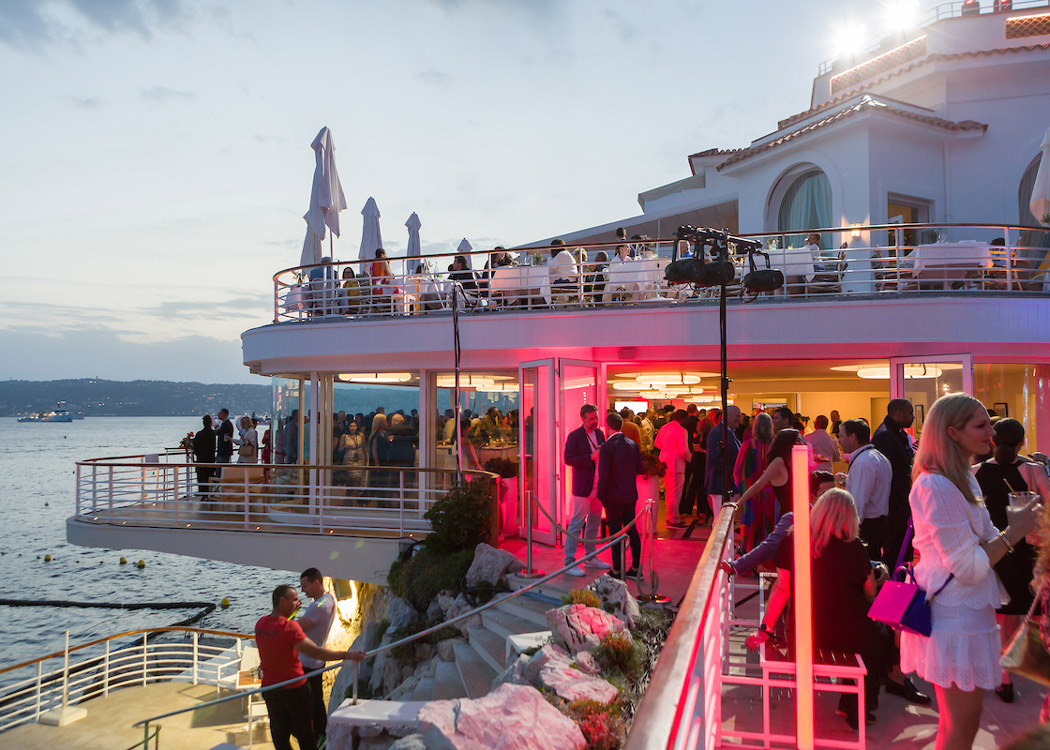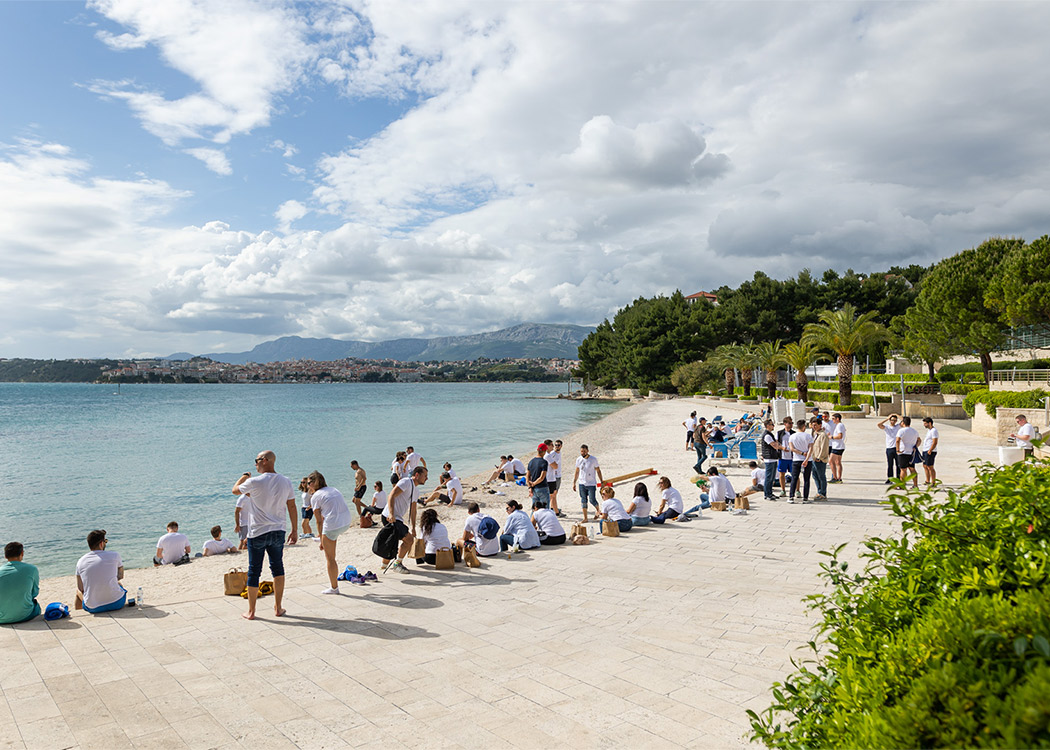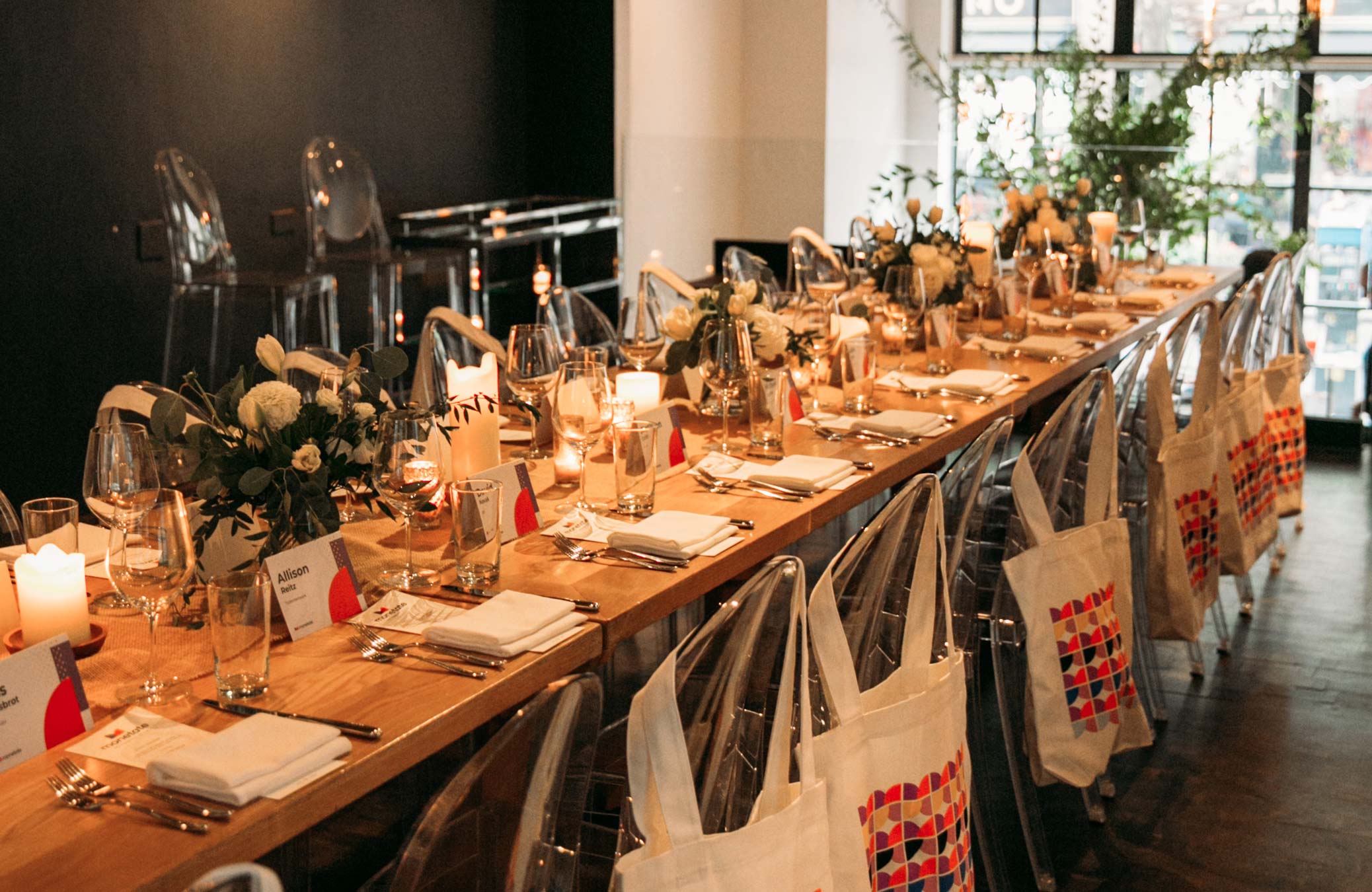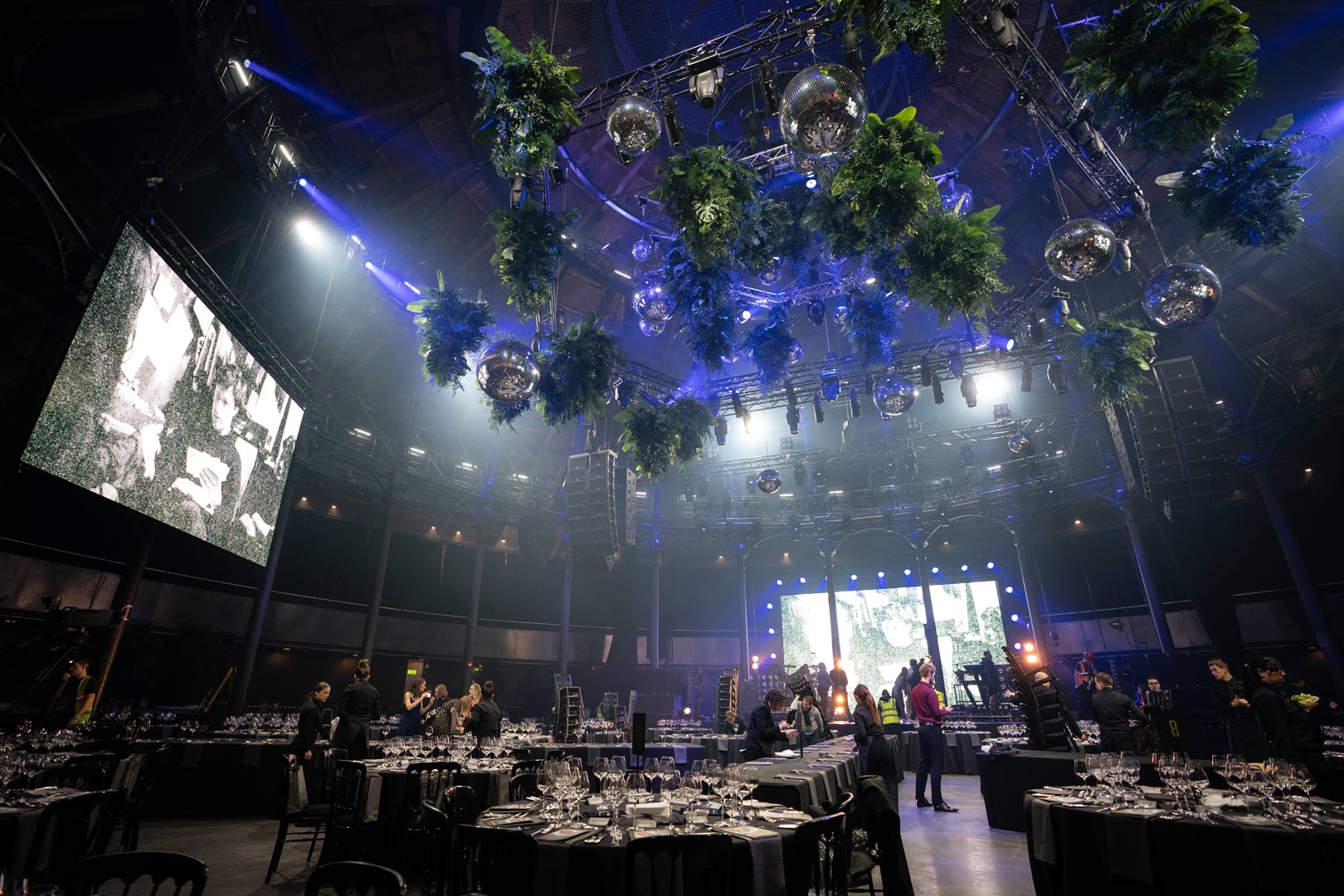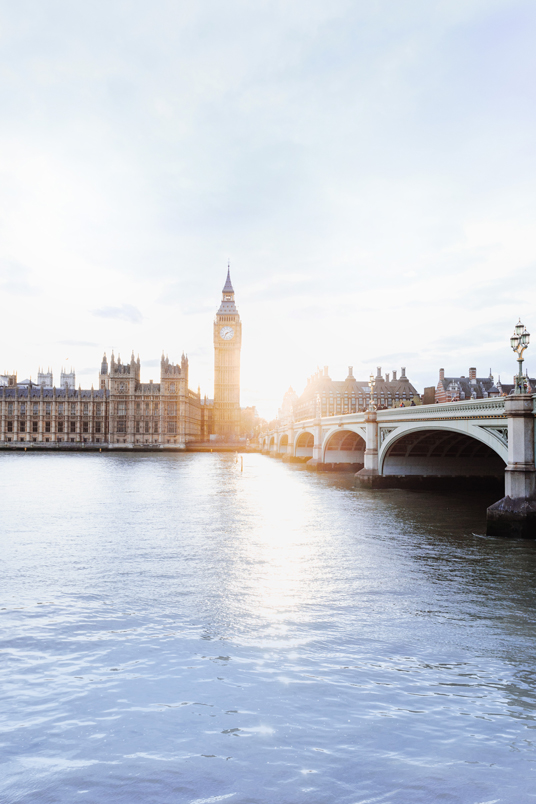Events Blog

THE BEST 5 LOCATIONS FOR COMPANY OFFSITES IN 2024
As the business landscape evolves encouraging inclusivity and diversity amongst the workforce, companies are recognizing the importance of bringing teams together in person, to foster creativity, develop collaboration, and team spirit. One effective way to achieve this is to encourage group travel via offsite events that break the team away from the conventional office setting. Event Travel companies have therefore seen a rise in enquiries for event and travel management support. We have curated a list of the best five locations for company offsites for 2024, that promise not just a change of scenery, but an immersive experience that sparks innovation and camaraderie.

